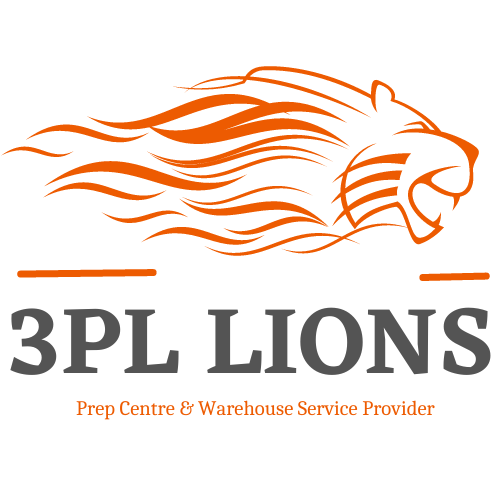Introduction
Amazon’s Fulfillment by Amazon (FBA) program stands out as one of the most advantageous platforms for independent entrepreneurs, businesses, and brands. FBA handles various fulfillment needs, including storage, packing, shipping, and enables Prime eligibility for sellers’ products.
While FBA is convenient, accessible, and widely popular, it may not always align perfectly with every seller’s requirements. This article explores the drawbacks of relying solely on FBA, highlights the advantages of seeking alternatives, identifies some of these alternatives, and provides essential considerations before making a switch.
Challenges with Amazon Fulfillment:
Amazon’s changing FBA storage limits, such as the recent introduction of FBA capacity limits, have compelled sellers to adapt swiftly. While these capacity limits aim to provide more flexibility, some sellers may still find them restrictive.
Understanding the Need for Alternatives:
Beyond addressing storage limitations, there are several reasons why sellers might opt for third-party logistics (3PL) services:
- Lower inventory storage fees, particularly during peak seasons.
- Customization options for branding and packaging.
- Access to dedicated account support for quicker issue resolution.
- Potential for reduced shipping rates, enhancing profit margins.
- Comparable shipping times to Amazon Prime. Considering Amazon’s Alternatives: If FBA’s storage capacity or ASIN limits pose challenges, sellers have various options to ensure product availability:
- Fulfillment by Merchant (FBM):
- Sellers store inventory themselves and handle order fulfillment.
- Enables maintaining active offers during FBA stock-outs.
- Seller-Fulfilled Prime (SFP):
- Similar to FBM but offers Prime shipping without FBA fees.Requires adherence to Amazon’s standards for eligibility.
Exploring Third-Party Storage & Fulfillment: For sellers lacking warehouse space, third-party fulfillment companies offer secure storage and order processing:
A2b Fulfillment:
- Supports Vendor Central and Seller Central Amazon operations.
- Specializes in small to medium-sized e-commerce businesses.
ShipBob:
- Tech-enabled 3PL with seamless software integration.
- Ideal for e-commerce sellers across various platforms.
Red Stag Fulfillment:
- Offers fast direct-to-consumer fulfillment.
- Guarantees no storage space restrictions or fee increases during peak times.
While FBA remains a dominant force in e-commerce fulfillment, exploring alternative solutions can provide sellers with greater flexibility, cost-effectiveness, and control over their operations. By assessing individual business needs and considering alternatives, sellers can optimize their fulfillment strategies for success in the evolving e-commerce landscape.
ShipMonk simplifies shipping and fulfillment by seamlessly integrating with your sales channels, allowing you to concentrate on scalable growth.
Ideal for:
- Multi-channel e-commerce fulfillment
- FBA prep services
- Seller-Fulfilled Prime
- Subscription box fulfillment
- Retail fulfillment
Key Benefits:
- Custom packing prep and bundling services available
- Dedicated account manager for prompt issue resolution
- User-friendly software interface
- Capacity to handle shipments ranging from 1 to 10,000 orders daily
- Reduced shipping costs for Seller-Fulfilled Prime orders, maximizing profits
- No long-term storage fees
ShipMonk offers a comprehensive suite of services tailored for e-commerce sellers. Visit their website to obtain accurate pricing details.
In conclusion
Today, Amazon sellers have numerous excellent options for fast, straightforward, and cost-effective fulfillment. In certain scenarios, employing a third-party fulfillment provider might prove more advantageous than relying solely on FBA, particularly if you qualify for seller-fulfilled prime.
The key takeaway is this: if you encounter any of the inventory or storage challenges outlined earlier, there’s no need to panic. There’s still time to assess your options and make informed decisions.
Reach out to the aforementioned companies or conduct your own research to determine the optimal solution for your business needs.
Feel free to share any additional questions or concerns about FBA alternatives in the comments section!

